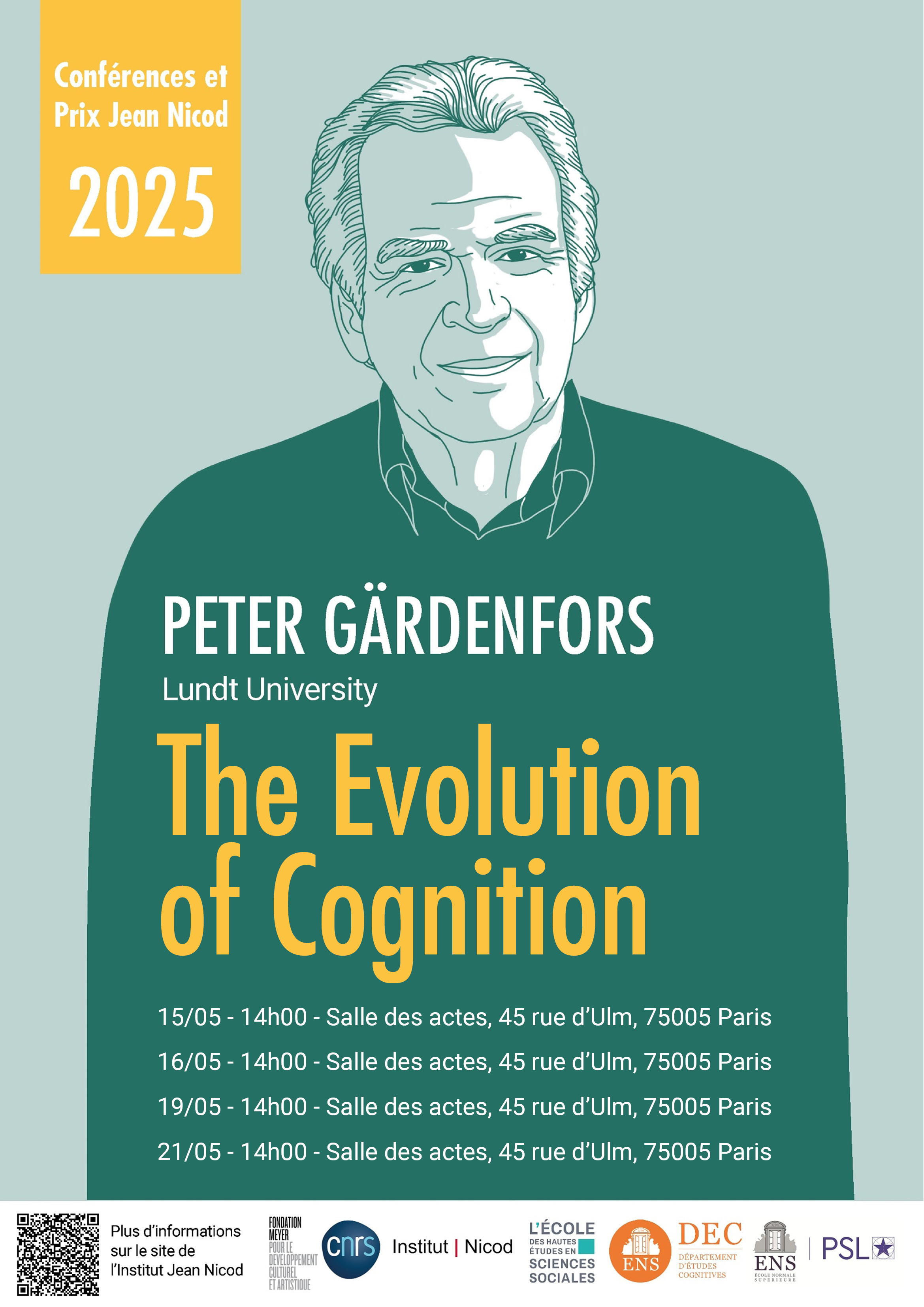Support technique pour les expériences
Présentation de la plateforme expérimentale
Grâce à l'aide de Jovanny Parvedy et Clémentine, nous avons pu réaliser cette vidéo de présentation des trois plateformes expérimentales du DEC (le mot de passe est DECisCOOL).


 « Nos pensées sont ancrées dans l’espace et dans le temps. De récentes découvertes sur la manière dont le cerveau construit notre perception de l’espace ont débouché sur une science fondamentalement nouvelle, dotée de méthodes et d’un cadre de travail innovant avec des retombées sociétales significatives.
« Nos pensées sont ancrées dans l’espace et dans le temps. De récentes découvertes sur la manière dont le cerveau construit notre perception de l’espace ont débouché sur une science fondamentalement nouvelle, dotée de méthodes et d’un cadre de travail innovant avec des retombées sociétales significatives.